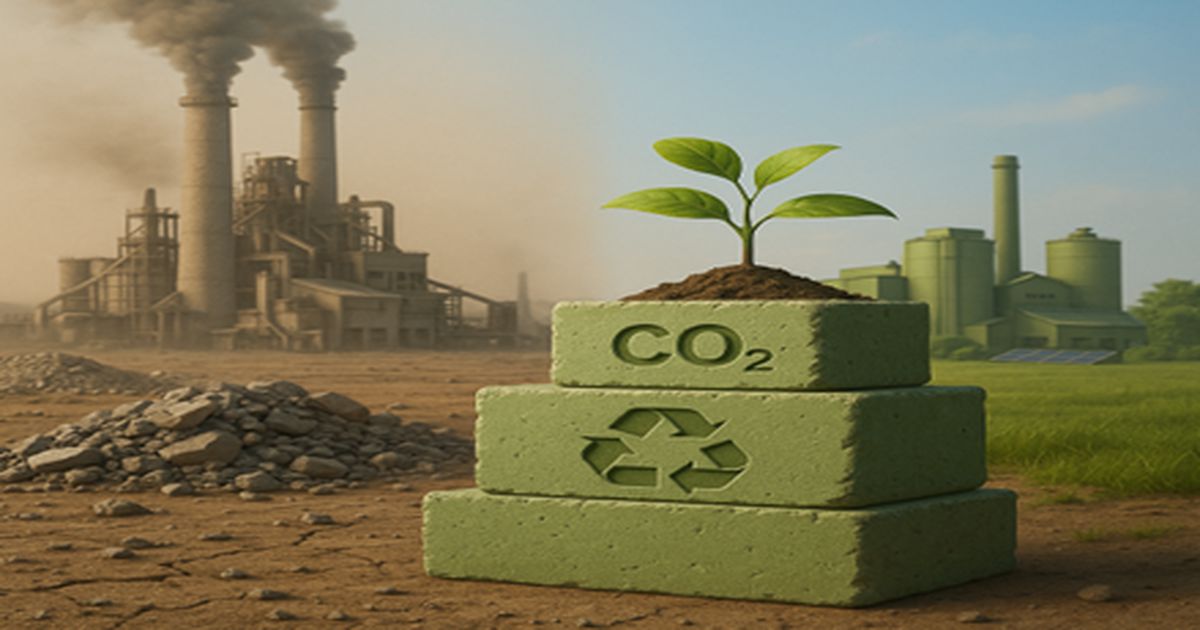Green Construction and Intelligent Maintenance Materials
A special issue of Materials (ISSN 1996-1944). This special issue belongs to the section "Construction and Building Materials".
Deadline for manuscript submissions: 20 June 2026 | Viewed by 58

Special Issue Editors
Interests: cement and concrete; sustainable materials; cement chemistry; low-CO2 concrete
Special Issues, Collections and Topics in MDPI journals
Interests: engineered cementitious composites (ECC/SHCC); CCUS; solid waste utilization; underground space; geo-environmental engineering
Special Issues, Collections and Topics in MDPI journals
Interests: high-performance fiber-reinforced concrete (UHPFRC); sustainable and green concrete; durability of fiber-reinforced polymer (FRP) and seawater sea-sand concrete (SSC); static and seismic performance of high-speed railway bridges (HRBs)
Special Issues, Collections and Topics in MDPI journals
Special Issue Information
Dear Colleagues,
Cement and concrete remain the backbone of global infrastructure, yet decarbonizing this sector now hinges on breakthroughs that couple material innovation with digital, intelligent workflows across the full life cycle. This Special Issue, entitled “Green Construction and Intelligent Maintenance Materials”, aims to provide a forum that advances carbon peaking and carbon neutrality by integrating low-carbon materials, circular utilization of industrial by-products, and data-driven design, construction, and maintenance. Through exchanges spanning theory, experiments, simulation, and engineering practice, we seek practical, scalable pathways that reduce CO2 while enhancing performance, durability, and resilience. This Special Issue welcomes research papers and review papers. Possible research topics include, but are not limited to, the following:
- New low-carbon cements and bio-based binders;
- Industrial solid-waste substitution for clinker and multi-solid-waste synergy;
- Carbon capture, utilization, and storage (CCUS) in cement production;
- Intelligent low-carbon mix-design methods;
- Upgrading of recycled and solid-waste aggregates (beneficiation, pre-treatment, CO2 curing);
- Low-carbon admixtures: development, molecular design, and functional regulation;
- BIM and digital twins for low-carbon design, construction, and O&M;
- Process innovations for 3D-printed concrete and structure–material co-design;
- UAV-based quality inspection and real-time carbon/emission monitoring;
- Intelligent low-carbon construction for prefabricated concrete structures.
Prof. Dr. Runsheng Lin
Dr. Haoliang Wu
Dr. Peng Wang
Guest Editors
Dr. Tianyu Wang
Guest Editor Assistant
Manuscript Submission Information
Manuscripts should be submitted online at www.mdpi.com by registering and logging in to this website. Once you are registered, click here to go to the submission form. Manuscripts can be submitted until the deadline. All submissions that pass pre-check are peer-reviewed. Accepted papers will be published continuously in the journal (as soon as accepted) and will be listed together on the special issue website. Research articles, review articles as well as short communications are invited. For planned papers, a title and short abstract (about 250 words) can be sent to the Editorial Office for assessment.
Submitted manuscripts should not have been published previously, nor be under consideration for publication elsewhere (except conference proceedings papers). All manuscripts are thoroughly refereed through a single-blind peer-review process. A guide for authors and other relevant information for submission of manuscripts is available on the Instructions for Authors page. Materials is an international peer-reviewed open access semimonthly journal published by MDPI.
Please visit the Instructions for Authors page before submitting a manuscript. The Article Processing Charge (APC) for publication in this open access journal is 2600 CHF (Swiss Francs). Submitted papers should be well formatted and use good English. Authors may use MDPI's English editing service prior to publication or during author revisions.
Keywords
- low-carbon construction materials
- 3D-printed concrete
- industrial solid-waste substitution
- intelligent maintenance
- low-carbon design
Benefits of Publishing in a Special Issue
- Ease of navigation: Grouping papers by topic helps scholars navigate broad scope journals more efficiently.
- Greater discoverability: Special Issues support the reach and impact of scientific research. Articles in Special Issues are more discoverable and cited more frequently.
- Expansion of research network: Special Issues facilitate connections among authors, fostering scientific collaborations.
- External promotion: Articles in Special Issues are often promoted through the journal's social media, increasing their visibility.
- Reprint: MDPI Books provides the opportunity to republish successful Special Issues in book format, both online and in print.
Further information on MDPI's Special Issue policies can be found here.









